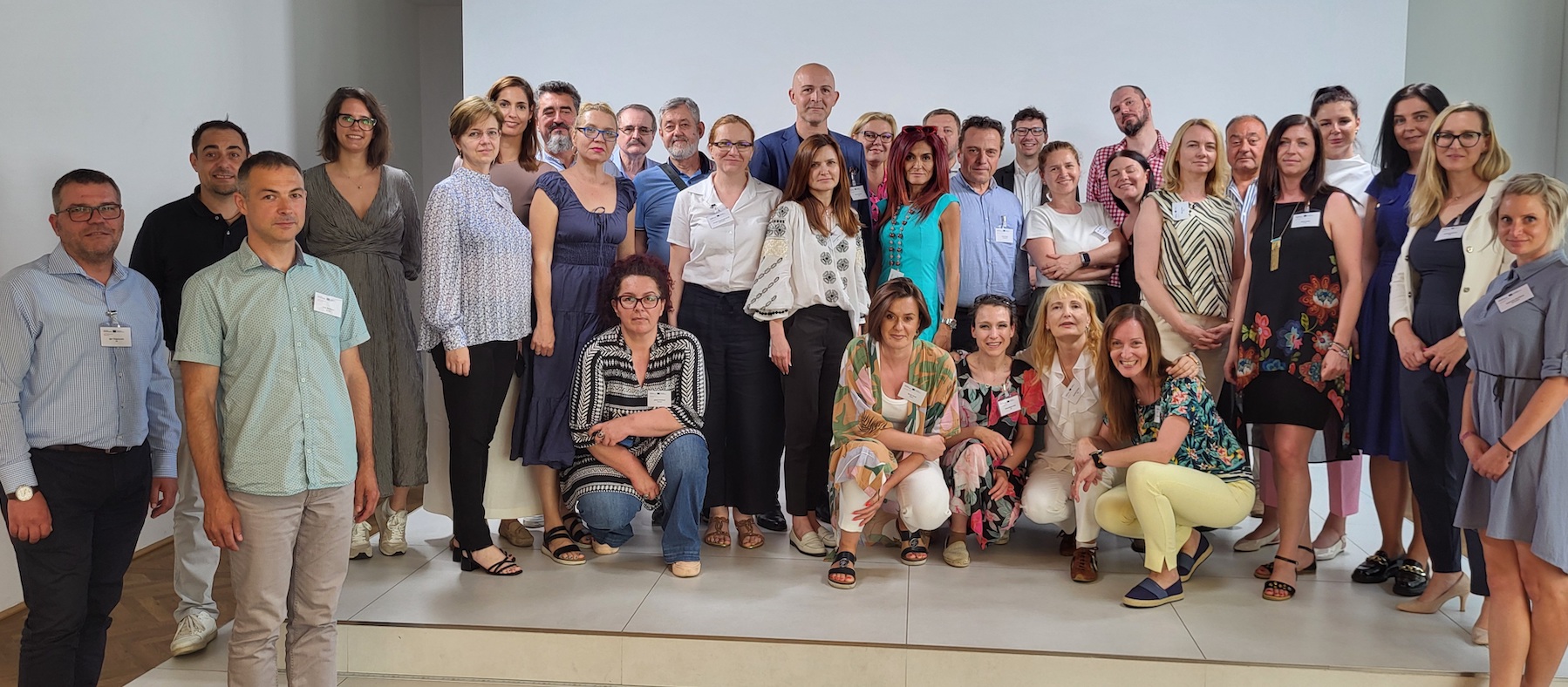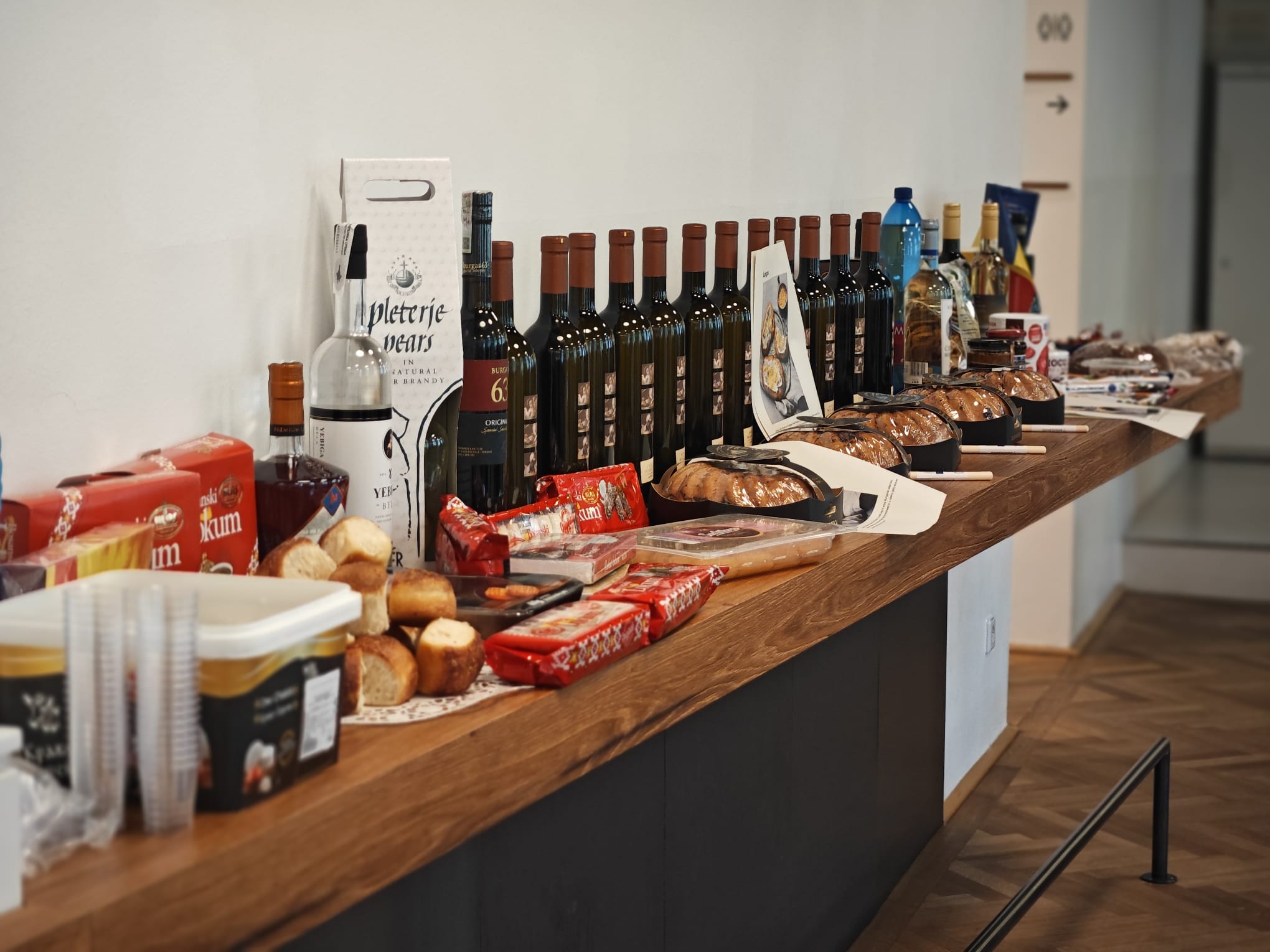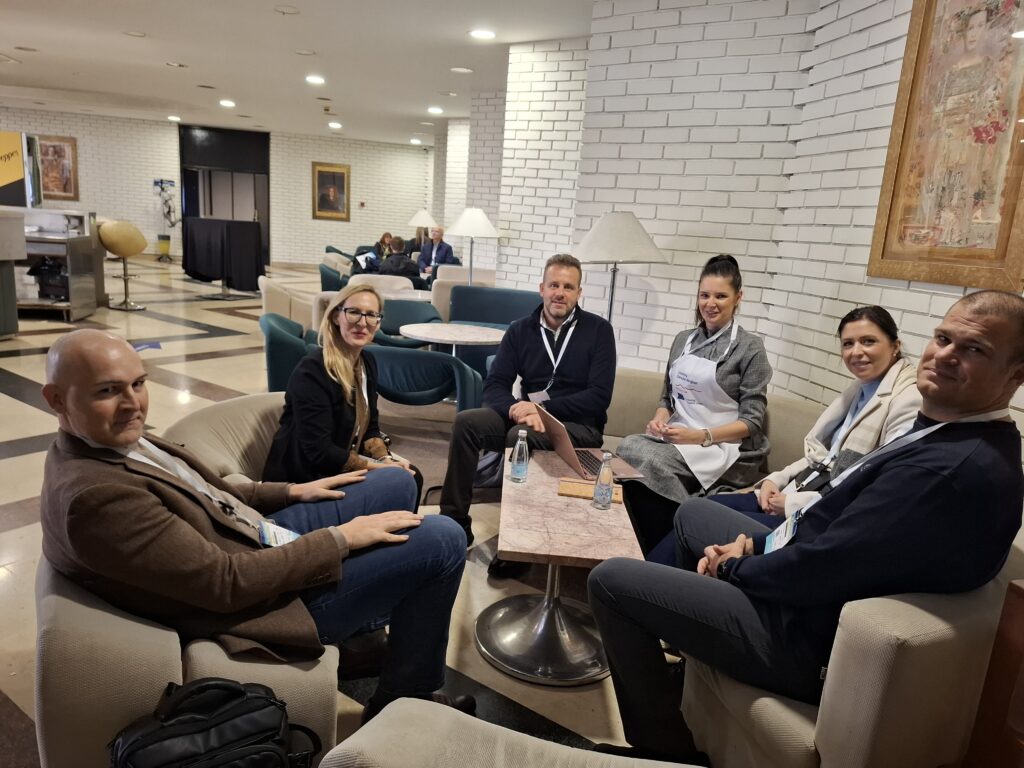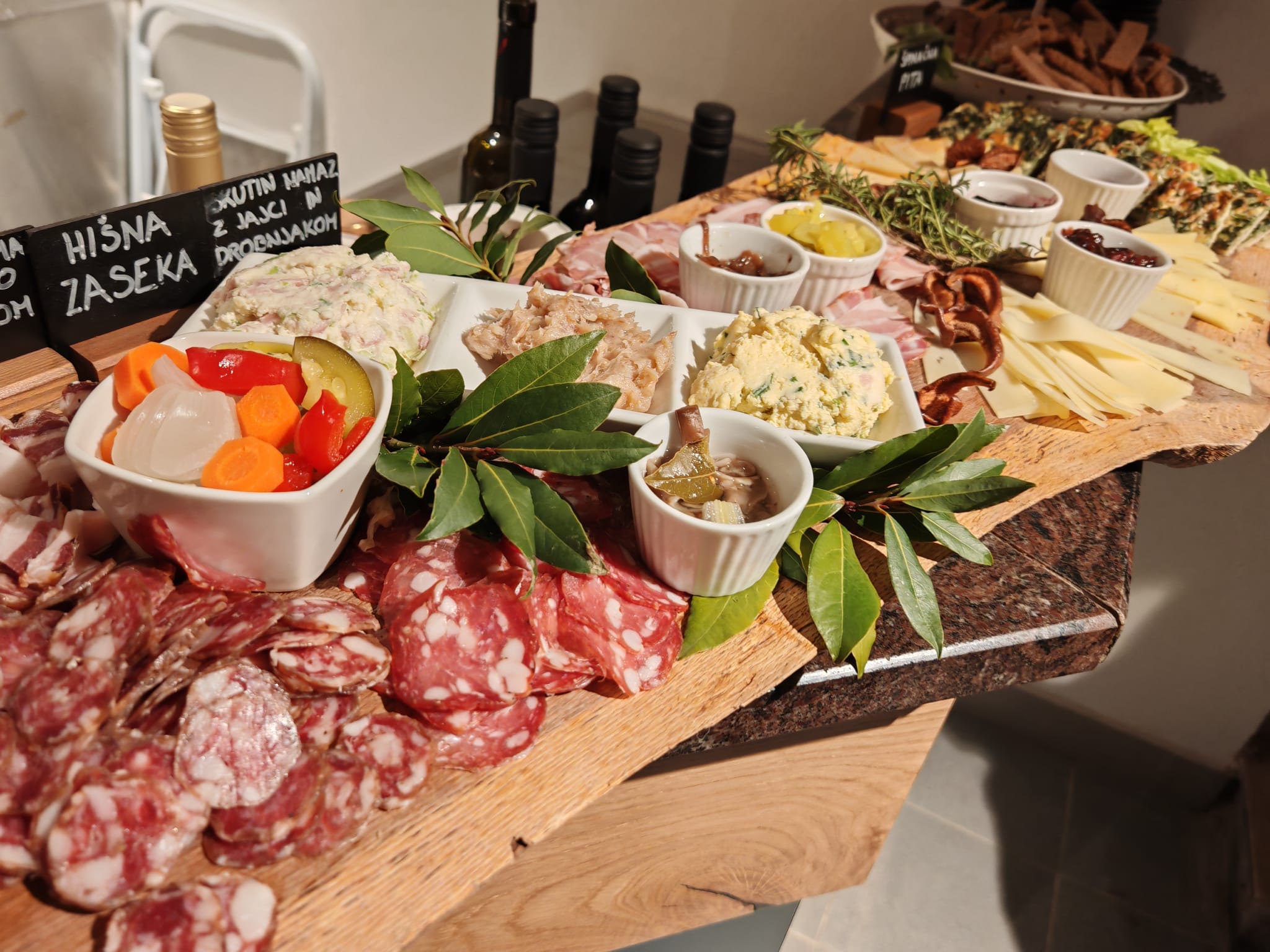
Culinary Trail
Culinary Trail of the Ethnic and Local Cuisine in the Danube Region

The Culinary Trail supports the Danube Region Programme's Specific Objective 3.3 by preserving and promoting the ethnic and local culinary heritage, including the traditions of 30 ethnic groups, such as Jewish and Roma communities, with a focus on economically underdeveloped areas. This project will enhance rural tourism, stimulate local economies, create jobs, and promote social innovation, engaging marginalized groups facing various disadvantages.
Key activities include:
- Digital cataloguing: Preserving culinary heritage by creating a digital catalogue with recipes, techniques, and cultural narratives.
- Transnational culinary trails: Establishing routes across the Danube Region with green mobility options, offering a multimedia experience.
- Culinary strategy: A transnational approach to protecting and promoting ethnic and local culinary heritage.
- Product development: Connecting isolated culinary products into a transnational brand, with an annual festival and prototypes like food carts and riverboats.
- Demonstration center: Setting up a training center to provide hands-on learning.
- Capacity building: Training 60 participants in culinary skills and business acumen.
- Innovation & policy hubs: Creating 14 hubs for sustainable tourism and social innovation, developing 33 action plans, and testing 3 solutions in 7 pilot projects.
The project unites 27 partners and enhances the capacity of 250 organizations across 14 Danube countries. It actively involves NGOs, local businesses, public authorities, and academia, contributing to the Danube Strategy's PA3, PA8, and PA9 through cross-border collaboration and knowledge sharing.
News & Events
Read the most recent updates and explore the upcoming events.
Project overview
Need any help? Contact us!

Prof. Borut Rončević
Project Manager

Dr. Alenka Pandiloska Jurak
Financial Manager

Jasmina Jakomin, MSc
Project Officer

Dr. Erika D. Ursic
Communication Manager










